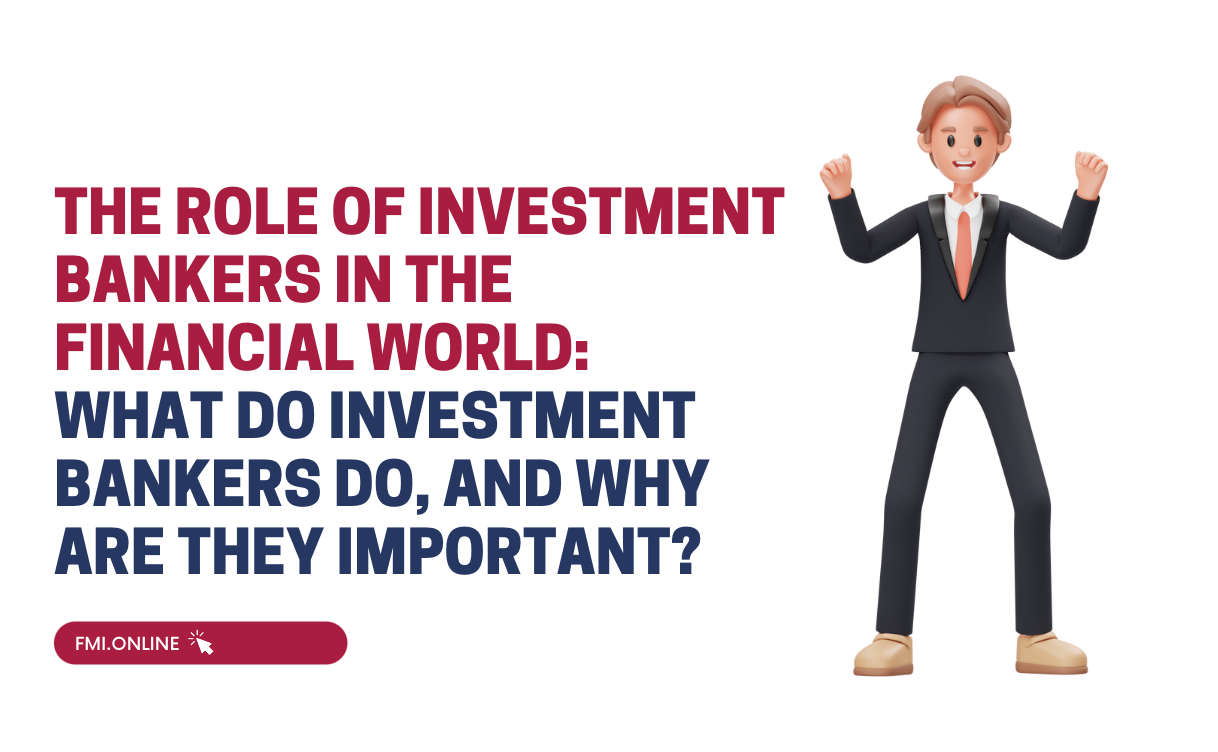The field of finance and banking has been constantly evolving. However, the pandemic has whipped up many challenges for investment banks. Some banks have had to pivot their business models to stay operational.
Due to these changes, certain clear trends have emerged in the industry. These are pivotal in deciding where investment banking roles will be in 5 years. Here are some trends that we foresee in the IB industry:
1. Sustainable Investment Banking
Businesses are shifting not only their offered products and services toward more sustainable options but also their operation models. As this shift takes place, the investment banking industry is changing as well.
In the next 5 years, roles will increase in the sustainability/ sustainable investments area of investment banking. This is also due to the increasing popularity and usage of the ESG concept. ESG or environmental, social and governance criteria are standards used by conscious investors while screening investment opportunities and companies.
As ESG slowly becomes the standard practice across investment banks, new roles are coming up. They want to see more socially conscious applicants as investing in sustainable products and portfolios becomes the need of the hour.
Having this mindset is not only limited to people who want to specifically join this area of investment banking. It is slowly but surely becoming a norm for all investment banking roles. In 5 years, most roles will likely have ESG skills as a mandate.
2. Technology-driven IB
Digitisation is another major trend that is already changing investment banking roles. Of course, the basic requirement of all investment banking roles is to be tech-savvy.
But now more advanced technology such as AI is slowly gaining momentum in the IB industry. Investment banks are hiring more candidates who can work on and in conjunction with AI programs. AI is already being used in the form of chat boxes and algorithms by banks to serve their customers.
Leveraging data is another trend that is changing investment banking roles. More investment banks are using their client data to analyse trends and understand key client interests and relationships. Knowing how to understand and use this data will also likely become an important factor in hiring a few years down the line.
3. Purpose-driven IB
Purpose-driven investment banking works in conjunction with the ESG standards. This trend is here to stay! A lot of investment banks are investing an increasing amount of money and resources into companies with a purpose and mission to give back to society. This is influencing investment banking roles and their evolution.
Investment banks are on the hunt for more socially and morally conscious employees. And likewise, employees are on the hunt for investment banks that do meaningful work in the cold world of finance. Since there is a rise in companies with a purpose, employees who can value and harness this purpose to make their investments successful are in need.
4. Flexibility
There is no doubt that younger people do not find the life of an investment banker very appealing. The exhausting work hours and work culture is not ideal for them. Seeing this, a lot of investment banks are changing things up.
Employees are being offered more flexible work timings and even a hybrid work environment after the pandemic. Banks are reevaluating their work culture and practices to bring about change. So, you can expect investment banking roles to become more informal, flexible, and holistic in their design.
Conclusion
Investment banking roles are going through a sea of changes on multiple fronts. In general, they are becoming more purpose-oriented and employee-centric. To understand investment banking, IB roles, and the latest trends in-depth, you can avail this course by FMI.












 60+ hours
60+ hours 9 courses
9 courses



